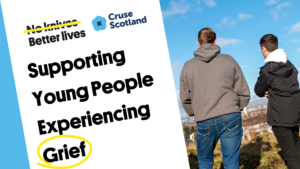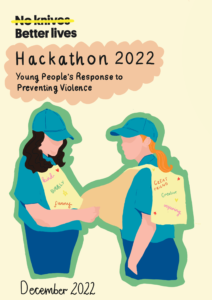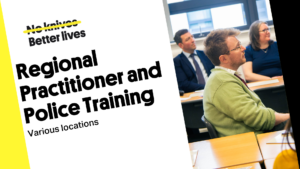Understanding the Teenage Brain

13 Sep 2018
by Orielle, Uncategorized
Can understanding the teenage brain help parents?
Yes.
All of our brains have neurochemicals that work together (we call it the Brain’s Amazing Drugs Cabinet) to create different emotional states depending on how we are feeling physically, mentally and emotionally.
So your teenager has a mind of their own – no surprise there. The teenage brain is different from that of babies, toddlers, adults and the elderly. In all mammals the early years are focused on building the individual who can survive in the real world. So if you think your teen is being difficult, not listening and has to be told a hundred times, it’s their brain chemistry changing as they question and learn how to respond like an adult.
While everyone has these neurochemicals, in young people (adolescents and teenagers) the levels of these chemicals (and the triggers for releasing them) are always changing as they learn new experiences, such as relationships!
So we’ve picked out three of the brain drugs that we all share, that act differently in teenage brains.
1. Oxytocin(the Brain’s ‘Love’ Drug) promotes feelings of love and trust in nurturing relationships and safe environments such as when we’re with family and friends. In young people, Oxytocin is essential to help them to form bonds outside the family too – after all, we’re programmed by evolution to know that there’s safety in numbers.
Top Tip:Use Oxytocin to talk to your teenager about how they feel about being part of a group and how it feels to be on the outside of a group that appears closely bonded.
2. Dopamine(the Brain’s Joy Drug) creates a feeling of euphoria and heightens our sense of making experiences more pleasurable. It is released in high doses in teenagers (especially when in a group environment) because adolescents must learn to survive outside the family pack, forming new packs and alliances and learning to push the boundaries of what’s risky in order to learn what’s safe.
Top Tip:So while you can’t stop your teen from going against their evolutionary programming or biological brain chemistry you can talk to them about making positive choices in risky situations.
3. Adrenaline(the Brain’s Action Drug) is the drug over which our mind has the least control throughout our lifetime; after all we need Adrenaline to jump out of harm’s way even before our thinking brains have realised the danger is there. Adrenaline is the fastest acting brain drug so the affects for teens can feel overwhelming.
Top Tip:Talking about the role that Adrenaline has to play in anger (at a time when everyone is calm) is really useful. Reminding ourselves that Adrenaline is our brain and body’s way of protecting us can be a useful starting point.
To avoid Adrenaline overwhelming your system in conflict, practice some mindful breathing.
Discover more at https://scottishconflictresolution.org.uk/homunculus
Join us on Facebook and Twitter @sccrcentre for all things #CranialCocktail and to share your #TopTips.
SCCR images subject to copyright. Illustrations by Hannah Foley, Owling About.




